Abstract
An increased albumin-creatinine ratio within the normal range can identify adolescents at higher risk of developing adverse cardio-renal outcomes as they progress into adulthood. Utilizing a parallel randomized controlled trial and observational cohort study, we characterized the progression of vascular phenotypes throughout this important period and investigated the effect of ACE (angiotensin-converting enzyme) inhibitors and statins in high-risk adolescents. Endothelial function (flow-mediated dilation and reactive hyperemia index) and arterial stiffness (carotid-femoral pulse wave velocity) were assessed in 158 high-risk participants recruited to a randomized, double-blind placebo-controlled 2×2 factorial trial (randomized, placebo-controlled trial) of ACE inhibitors and/or statins in adolescents with type 1 diabetes (AdDIT [Adolescent Type 1 Diabetes cardio-renal Intervention Trial]). Identical measures were also assessed in 215 lower-risk individuals recruited to a parallel observational study. In the randomized, placebo-controlled trial, high-risk patients randomized to ACE inhibitors had improved flow-mediated dilation after 2 to 4 years of follow-up (mean [95% CI]: 6.6% [6.0-7.2] versus 5.3% [4.7-5.9]; P=0.005), whereas no effect was observed following statin use (6.2% [5.5-6.8] versus 5.8% [5.1-6.4]; P=0.358). In the observational study, patients classed as high-risk based on albumin-creatinine ratio showed evidence of endothelial dysfunction at the end of follow-up (flow-mediated dilation=4.8% [3.8-5.9] versus 6.3% [5.8-6.7] for high-risk versus low-risk groups; P=0.015). Neither reactive hyperemia index nor pulse wave velocity were affected by either treatment (P>0.05 for both), but both were found to increase over the duration of follow-up (0.07 [0.03-0.12]; P=0.001 and 0.5 m/s [0.4-0.6]; P<0.001 for reactive hyperemia index and pulse wave velocity, respectively). ACE inhibitors improve endothelial function in high-risk adolescents as they transition through puberty. The longer-term protective effects of this intervention at this early age remain to be determined. Registration- URL: https://www.clinicaltrials.gov; Unique identifier NCT01581476.
Chiesa ST, Marcovecchio ML, Benitez-Aguirre P, Cameron FJ, Craig ME, Couper JJ, Davis EA, Dalton RN, Daneman D, Donaghue KC, Jones TW, Mahmud FH, Marshall SM, Neil HAW, Dunger DB, Deanfield JE
Hypertension
Published 2020
Research Project: AdDIT
Connect with us!
Subscribe to learn more about what we do, why it matters, and how you can get involved!




